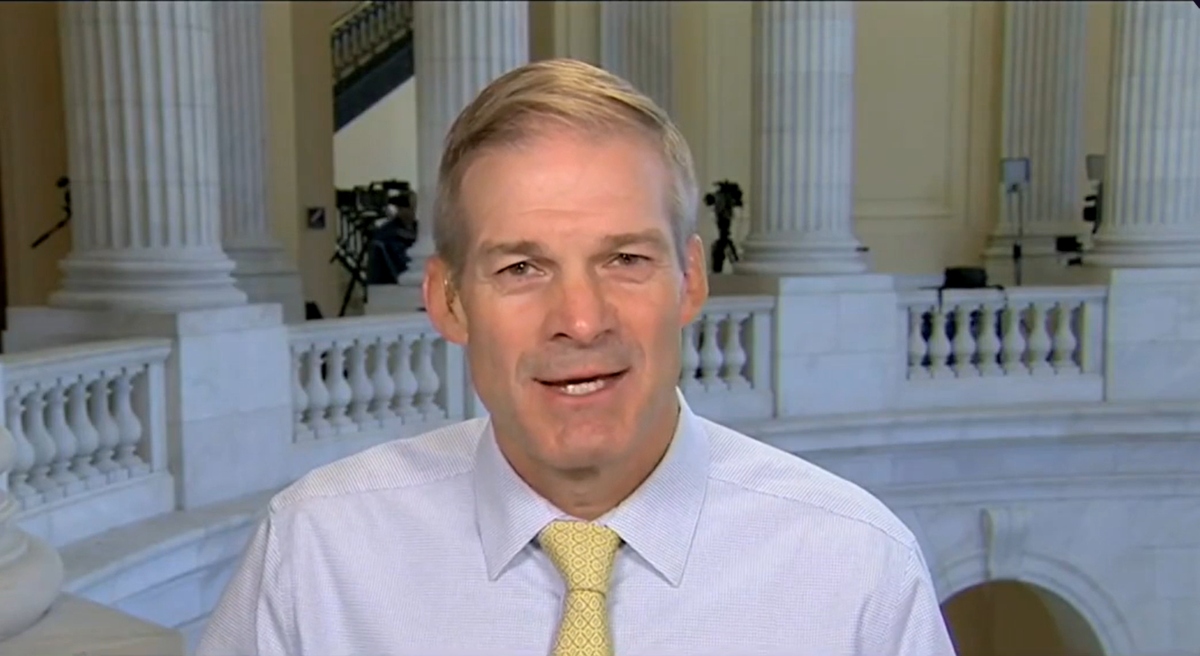Recent regulatory crackdowns have crypto investors on edge
02/16/2023 / By Cassie B.

As regulators start to crack down on cryptocurrency, spooked investors are pulling back significantly amid a backdrop of great uncertainty.
Until recently, regulators had not interfered much in the crypto industry. However, they have recently started cutting off access to services and products that are essential for the digital currency business.
This week, regulators in New York stopped new issues of BUSD, the world’s third-biggest stablecoin, amid an ongoing probe. This led investors to flee the U.S. dollar-pegged coin and is causing major concerns about the future of the crypto exchange Binance; the “B” in the name Binance comes from the BUSD stable coin.
Paxos Trust Co., who partners with Binance in issuing the BUSD coin, is now facing a possible lawsuit from the Securities and Exchange Commission.
The SEC fined a different major crypto exchange a few days earlier, Kraken, and required it to pull its popular crypto yield product off the market for American investors. They agreed to shell out $30 million in civil penalties but did not admit to any wrongdoing.
Earlier this month, crypto lending firm Nexo Capital announced it would be shutting down its yield-bearing Earn Interest product for American customers, citing a $45 million settlement in January with the SEC.
Meanwhile, banking regulators have been encouraging banks to distance themselves from crypto customers, which will make it more difficult for them to use traditional finances. Some banks have already started pulling back from connections to cryptocurrency.
These moves represent a dramatic change from the crypto regulatory landscape in recent years, which has been marked with a lot of debate about how to handle the industry and very little in the way of actual investigations and actions.
It is largely believed that the collapse of the FTX crypto exchange led to a change in attitude and reinvigorated regulators and politicians in their desire to crack down on the industry. As a result, crypto executives are now preparing themselves for more investigations and lawsuits. Savvy investors are moving away from any investments that they believe could be the target of an investigation.
Blockchain data provider Nansen reported there were $2.7 billion worth of outflows from Binance between Sunday and Monday; on Monday morning, $144 million of BUSD were redeemed for dollars. Paxos stated that it does not agree with the SEC’s position that the coin must comply with federal securities regulations.
BNB and Bitcoin dropping
BNB, the Binance in-house token, dropped 8 percent on Monday; this coin is widely considered a gauge of how investors are perceiving Binance.
The situation is also affecting Bitcoin, which is now down by 9 percent from its February 1 price, trading at around $21,621 on Monday afternoon.
These recent actions indicate that regulators are specifically looking to crack down on stablecoins and staking, which allows investors to earn interest on cryptocurrency. Past enforcement actions by the SEC gave investors the impression that smaller players were being targeted, prompting many to deal with bigger names in the industry that were perceived as less risky. This fell apart, however, when the trading platform FTX failed, spurring a run on customer deposits that led it to bankruptcy.
Crypto legal advisor and former regulator Coy Garrison, a partner at Steptoe & Johnson, told the Wall Street Journal: “There is a political incentive to bring bigger cases post-FTX to be viewed as the responsible cop on the beat.”
Coinbase CEO Brian Armstrong has said he will fight the SEC should they attack how the cryptocurrency exchange platform offers staking, tweeting: “We will happily defend this in court if needed.”
Sources for this article include:
Submit a correction >>
Tagged Under:
big government, Binance, bitcoin, Bubble, chaos, cryptocurrency, currency crash, currency reset, finance riot, market crash, money supply, panic, risk, SEC, Stablecoin, stablecoins
This article may contain statements that reflect the opinion of the author
RECENT NEWS & ARTICLES
COPYRIGHT © 2017 COMPUTING NEWS




















